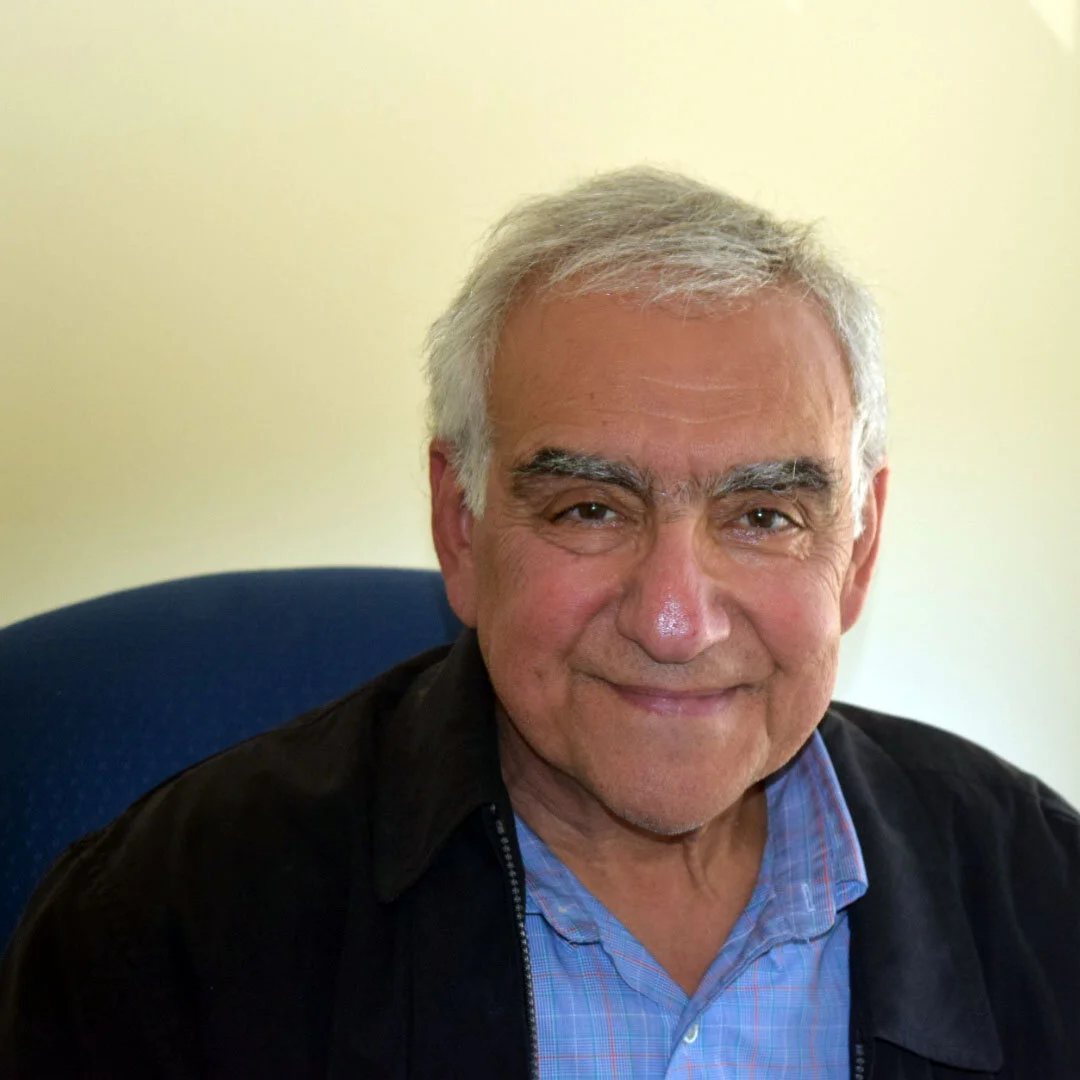Board of Directors
Our Board of Directors is made up of passionate environmentalists.
This group of individuals helps to ensure the success of Deep Blue Cleanup as a non-government organization.
Razek Abdelnour
Razek is a Co-Founder of Deep Blue Cleanup, as well as a member of the board. He is an avid swimmer and has been swimming with the Master’s swim team for 40 years. He was a diver in his younger days and enjoys travelling, sailing, canoeing and kayaking. His extensive wisdom regarding all things ice, waterways, flow and engineering, ensures that Deep Blue Cleanup solutions are optimal for their operational and environmental needs. Razek’s deep tacit knowledge, developed over 50 years in his industry, is part of what makes Deep Blue Cleanup unique. Razek founded his first company, Geniglace, in 2012 after an already prestigious career in the field of offshore structures and ship navigation in Arctic conditions. His decision to begin a career in the Non-Profit sector came from his desire to give back to our community and clean up the plastic waste in our waters. Currently, Razek is focused on R&D to ensure Geniglace and Deep Blue Cleanup can both continue to bring innovation to this niche field as well as mentoring the other engineers at Geniglace and Deep Blue Cleanup.
Shaheer Mikhail
Shaheer graduated from the University of Cairo in Egypt and completed his post-graduate studies in organic and physical chemistry on a scholarship from the Technical University of Norway, in Trondheim, Norway. He worked in the metallurgical industry in Sweden and at the National Research Centre of Egypt before emigrating to Canada in 1973. In 1974, he joined Laval University in Quebec City, as post-doctoral-fellow and in 1975 he joined the Department of Energy, Mines and Resources / Natural Resources Canada in Ottawa as a Research Scientist in high temperature chemistry and industrial environment. From 2000 to 2019, he worked at the Natural Sciences and Engineering Research Council of Canada (NSERC), a federal government agency that funds university research in science and engineering. In July 2019, Shaheer retired.
Samara Bhimji
Born in Toronto, Canada she grew up in Kampala, Uganda where she developed her passion for and dedication to humanitarian and sustainability work from a young age. She is a passionate environmentalist with over nine years of diverse experience in both the public and non-profit sector, combined with several international work experiences. She holds a Master of Science in Environmental Sustainability from the University of Edinburgh, and a Honours Bachelors in International Development from the University of Ottawa.
Her work experience internationally in sustainable agriculture, climate change adaptation, and food security focused in East Africa (Rwanda and Tanzania), and in Canada includes environmental research, policy development, program management & delivery, and climate action.
She currently works for the Aga Khan Agency for Habitat and across the Aga Khan Development Network supporting the implementation of environment and climate change mitigation and adaptation objectives. In her personal time, she enjoys long hikes, yoga, cooking, reading and travelling extensively.”
James Pole
James Pole currently works as the Marine and Property Manager at the Nepean Sailing Club.
Jesse Vermaire
Dr. Jesse Vermaire is currently an Associate Professor with the Institute of Environmental Science and cross-appointed with the Department of Geography and Environmental Studies at Carleton University. Jesse completed his BSc Honours in Biology at University of Guelph, his MSc at University of New Brunswick, and his PhD at McGill University. His research focuses on the long-term impacts of human activities on our freshwater ecosystems. Jesse maintains research interests in human impacts on near-shore habitat in lake ecosystems, microplastic pollution of freshwater, and the environmental impacts and recovery of aquatic ecosystems exposed to legacy contamination. He employs a number of approaches ranging from paleolimnology to bioindicators to understand the long-term impacts of human activities on freshwater systems to help inform management and conservation of lakes and rivers in a changing environment.




